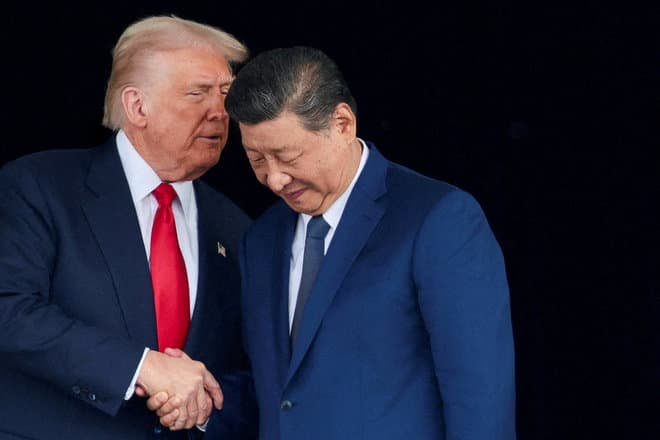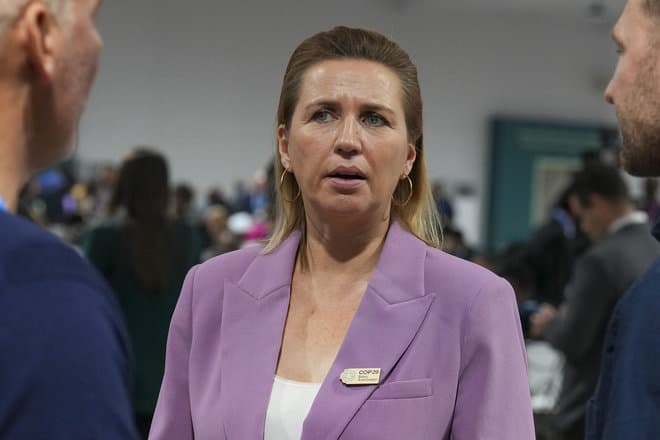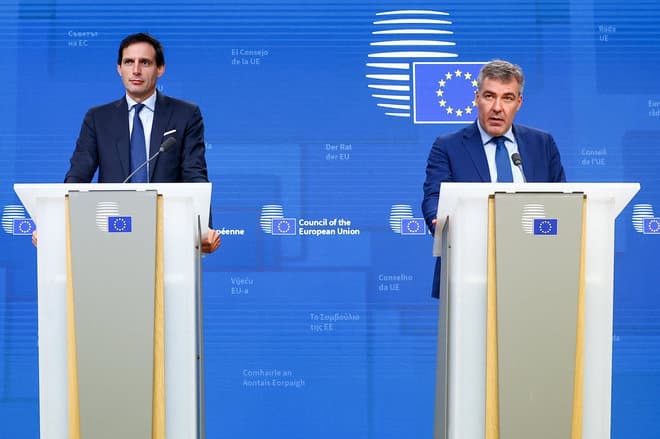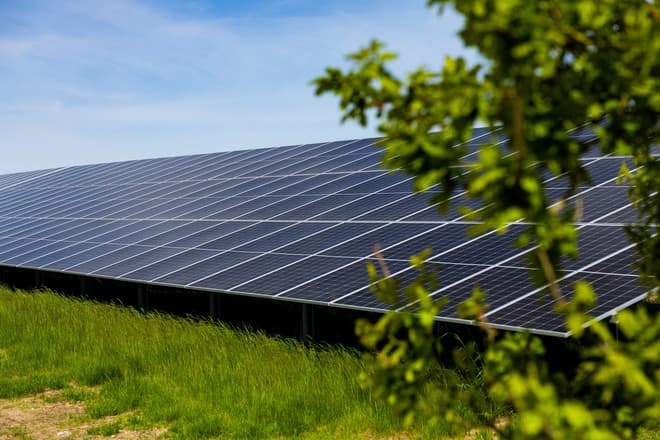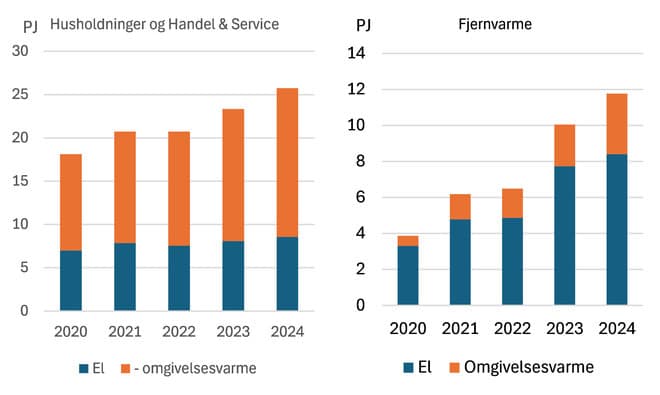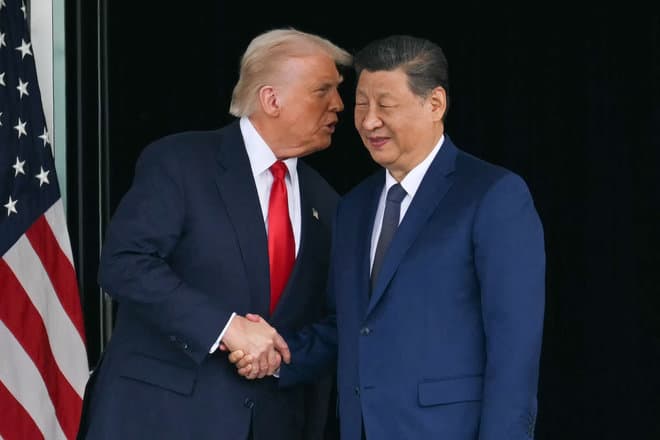
On Wednesday, EU countries agreed on a new 2040 climate target for the EU. But even before the agreement was formally presented in Brussels, the content was criticized by the Greens in the EU Parliament. The agreement simply contains too many exceptions and loopholes, they say.
SF's Rasmus Nordqvist, who is part of the Greens political group in the parliament, is among other things critical of the fact that the agreement allows EU countries to use international climate credits to pay for part of the reductions.
- The many exceptions and climate credits undermine confidence in the EU's climate policy and risk costing us dearly. If we spend hundreds of billions on financing projects outside the EU, that is the money we need to restructure our own industry and lower the energy bill for Europeans, says Rasmus Nordqvist.
The Green Party's member of the EU Parliament, Per Clausen, is also critical of the agreement that the Danish EU presidency reached on Wednesday.
- The result seems to be an unprecedented weakening of the EU Commission's already weak target, where the reduction target for 2040 will now be reduced to only 85 percent. And possibly lower than that, says Per Clausen.
In the agreement, the 2040 target formally states a 90 percent reduction in greenhouse gas emissions compared to the level in the 1990s.
The Unity Party: Like peeing your pants to keep warm
In order to get the increasingly skeptical EU countries on board with the target, the Danish EU presidency had to introduce a number of relaxations in relation to how the target is to be met.
Among other things, it will be possible for five percent of the 90 percent to come from international climate credits. This means that "only" 85 percent must be implemented by the individual EU country. The rest can be paid for.
- Setting a target for the EU's own reduction of only 85 percent is, as the saying goes, like peeing your pants to keep warm. It works briefly as intended, but after that it is counterproductive, says Per Clausen.
Climate credits are investments in projects in third countries that reduce CO2 emissions. This can make it cheaper for EU countries to reduce emissions if it happens in third countries. And it can relax the requirements for industries in the EU.
However, the credits are often criticized by climate organizations for being uncertain. To reassure skeptical countries, the agreement also contains a review clause. This allows for changes to the climate target and the methods for achieving it, if needed.
Here too, the EU countries have been squeezed into a new concession:
- We have written into the review clause that the EU Commission must assess the possibility of the member states using additional international climate credits up to five percent, says Lars Aagaard.
/ritzau/
Text, graphics, images, sound, and other content on this website are protected under copyright law. DK Medier reserves all rights to the content, including the right to exploit the content for the purpose of text and data mining, cf. Section 11b of the Copyright Act and Article 4 of the DSM Directive.
Customers with IP agreements/major customer agreements may only share Danish Offshore Industry articles internally for the purpose of handling specific cases. Sharing in connection with specific cases refers to journaling, archiving, or similar uses.
Customers with a personal subscription/login may not share Danish Offshore Industry articles with individuals who do not themselves have a personal subscription to Danish Offshore Industry.
Any deviation from the above requires written consent from DK Medier.

